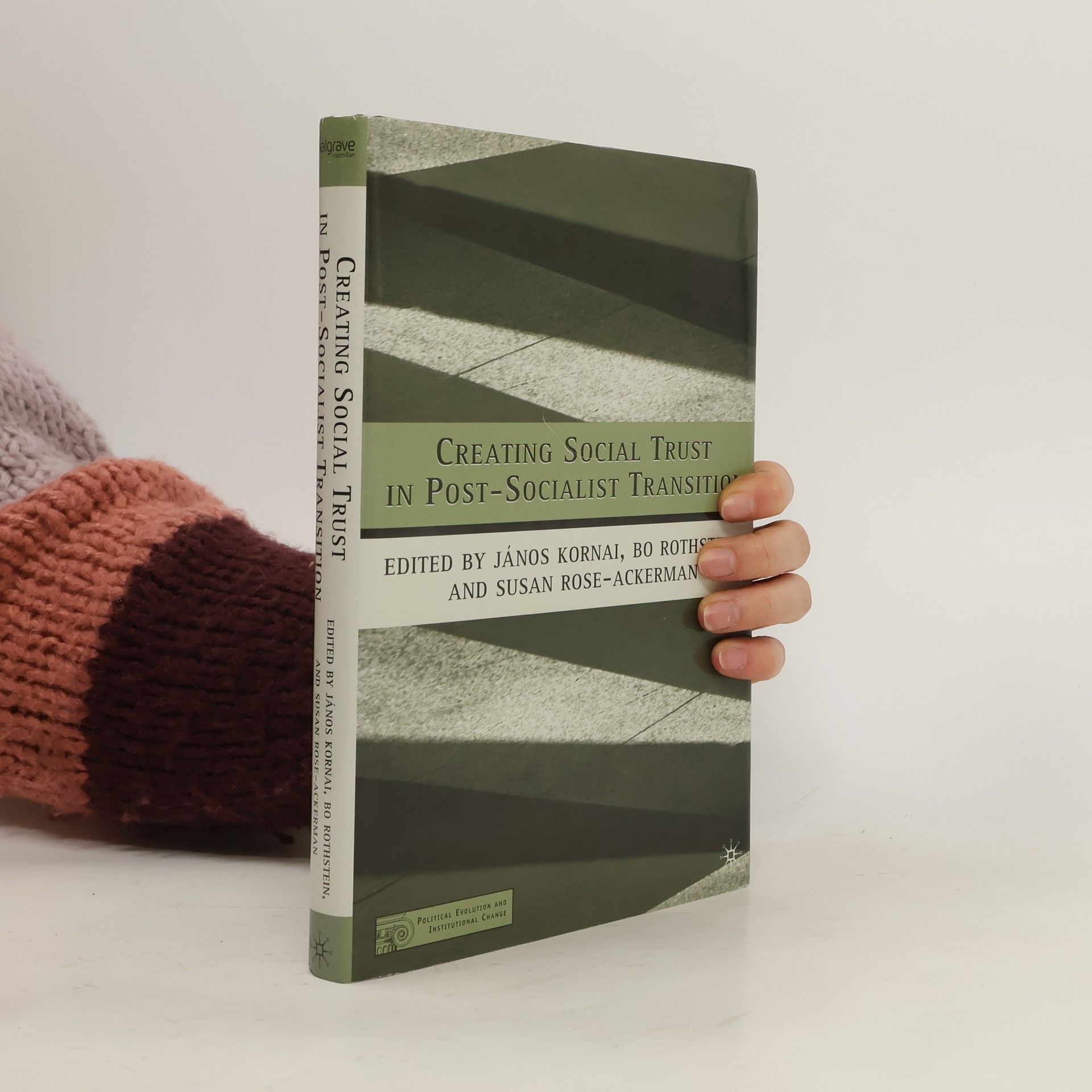Beneficial social and economic exchange relies on a certain level of trust. But trust is a delicate matter, not least in the former socialist countries where illegitimate behaviour by governments made distrust a habit. The chapters in this volume analyze the causes and the effects of the lack of social trust in post-socialist countries. The contributions originated in the Collegium Budapest project on Honesty and Theory and Experience in the Light of the Post-Socialist Transition. A second volume entitled, Building a Trustworthy State in Post-Socialist Transition , is being published simultaneously.
Susan Rose-Ackerman Livres



Women and the Religion of Ancient Israel
- 512pages
- 18 heures de lecture
A synthetic reconstruction of women's religious engagement and experiences in preexilic Israel číst celé
Democracy and Executive Power
Policymaking Accountability in the US, the UK, Germany, and France
- 424pages
- 15 heures de lecture
This book explores the role of regulatory agencies in balancing public consultation with bureaucratic expertise, arguing that such a combination is essential for serving the interests of all citizens. It highlights the importance of inclusive decision-making processes and examines how these agencies can effectively engage the public while maintaining professional standards. Through various case studies, the author illustrates the potential benefits and challenges of this approach in enhancing democratic governance and accountability.